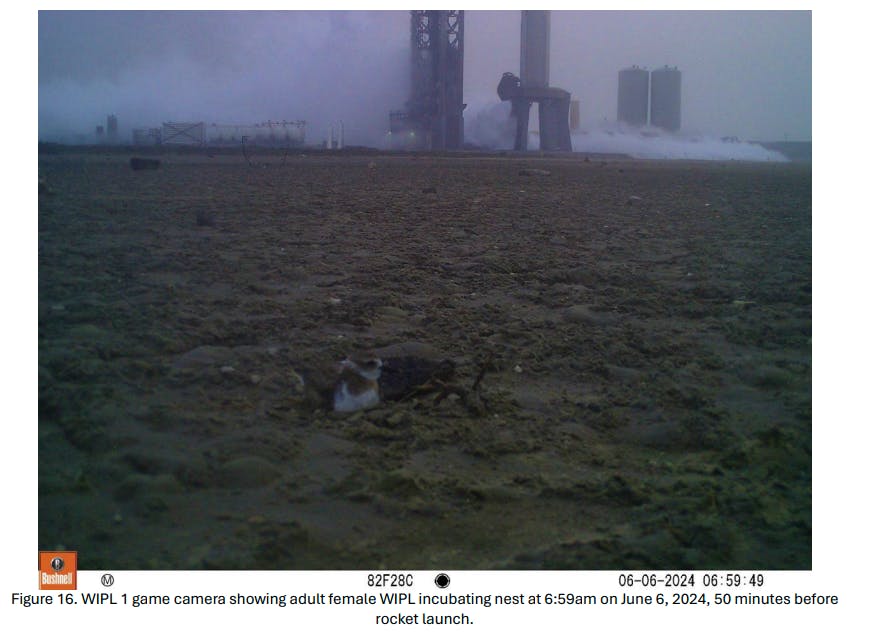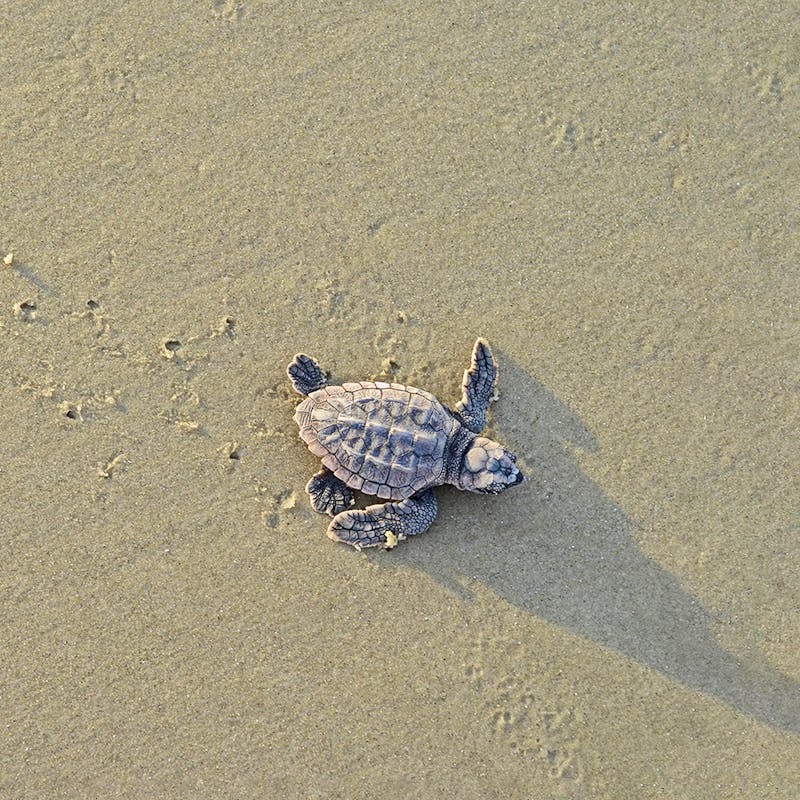Defenders of Wildlife released the following response to a Coastal Bend & Bay Estuaries Program report that points to shorebird nest losses following the June 6 launch of SpaceX's Starship in Boca Chica.
“This report is the best documentation that exists of the impacts that experimental rockets have on wildlife in Boca Chica,” said Sharon Wilcox, Senior Texas representative for Defenders of Wildlife. “The impacts noted in this report are alarming: threat of wildfire, a growing debris field of projectiles, and damage to shorebird nests. With the increase of launch activity, the degradation to unique habitats and wildlife will also increase. These findings again demonstrate that the environmental assessment that SpaceX operates under is inadequate and requires a full environmental impact statement."
For over 75 years, Defenders of Wildlife has remained dedicated to protecting all native animals and plants in their natural communities. With a nationwide network of nearly 2.1 million members and supporters, Defenders of Wildlife is a leading advocate for innovative solutions to safeguard our wildlife for generations to come. To learn more, please visit https://defenders.org/newsroom or follow us on X @Defenders.
News

Study Led by Defenders of Wildlife Scientist Shows Noise Pollution Impacts on Migratory Birds




